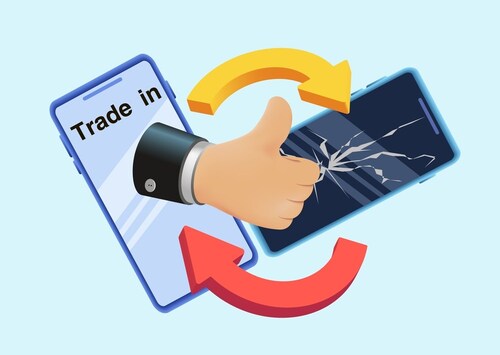Old-Fashioned Bartering Is Back! Here's a Guide to Smart Swapping
 28 Nov 2022
28 Nov 2022

Simply put, bartering is trading. You swap your goods or services with others for the goods and services you need. Barter good online with Nextbarter
Simply put, bartering is trading. You swap your goods or services with others for the goods and services you need. It’s not just small business owners turning to formal exchanges to keep their businesses afloat. Many average Americans have also adopted the practice, thanks to informal avenues like Facebook and Craigslist, among others. Richard Crone, CEO of Crone Consulting, predicts that the value of person-to-person bartering in the U.S. of “packaged goods,” which includes toilet paper and the like, will grow by 50% this year from its current level of $4.2 million.
There are formal barter exchanges that process the barter transactions, acting similar to a financial institution. Your barter dollars are banked for future use, when you can tap them to “purchase” goods or services from members. Prices are set in trade dollars. Typically, there is a membership fee and a small per transaction fee. With person-to-person bartering, you negotiate and make a deal that suits both parties.
While cash still rules for paying rent and other bills, you’ll be surprised by what’s available for barter, be it car repairs, plumbing, clothing, technology or toys. “You can essentially barter anything,” says Jordan Parker, an entrepreneur and former financial advisor.
Determine the value of your goods or services. Assess fair market value. What are comparable goods/services going for? If you’re bartering a used item, consider what it would cost if bought new. Then, discount it subjectively, says Parker, based on the condition: a 20% discount if in good condition, for example, or 50% if only in fair condition. For services, think honestly about how much you’d be willing to purchase it for.
Buyer beware. Whenever bartering, particularly services, someone goes first. If you are exchanging five massages for a new water heater, the plumber may be unwilling to install the water heater until receiving all the massages. Service-for-service bartering carries a higher risk than good-for-good bartering.
Draft a contract that details who is responsible for what, when, the value of the exchange and more. Everyone must sign the agreement. If the deal goes awry, consider hiring an attorney.
